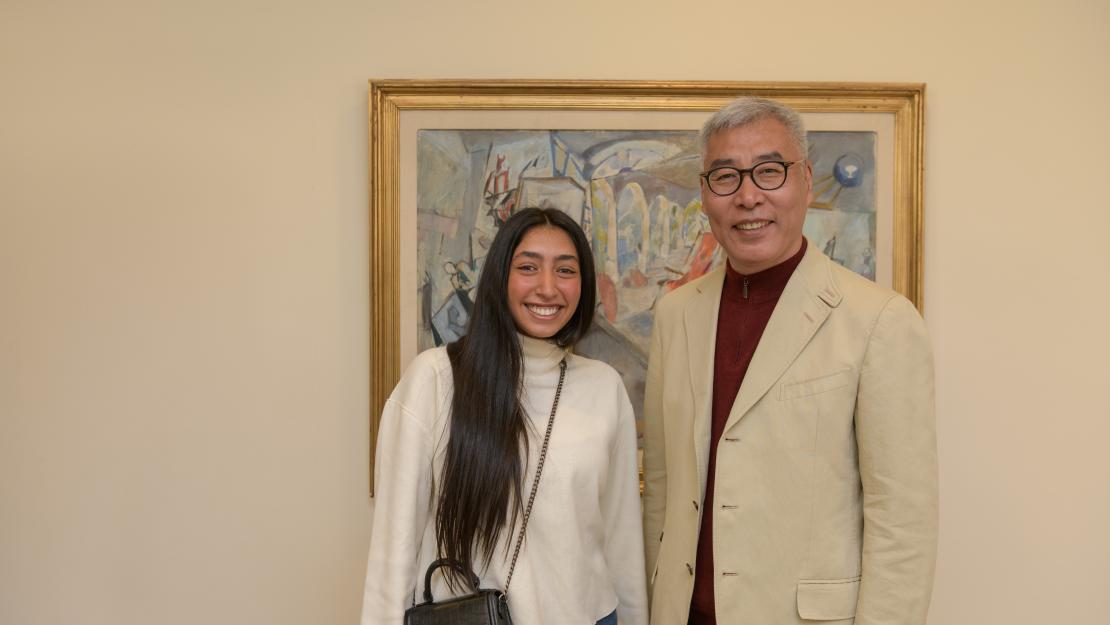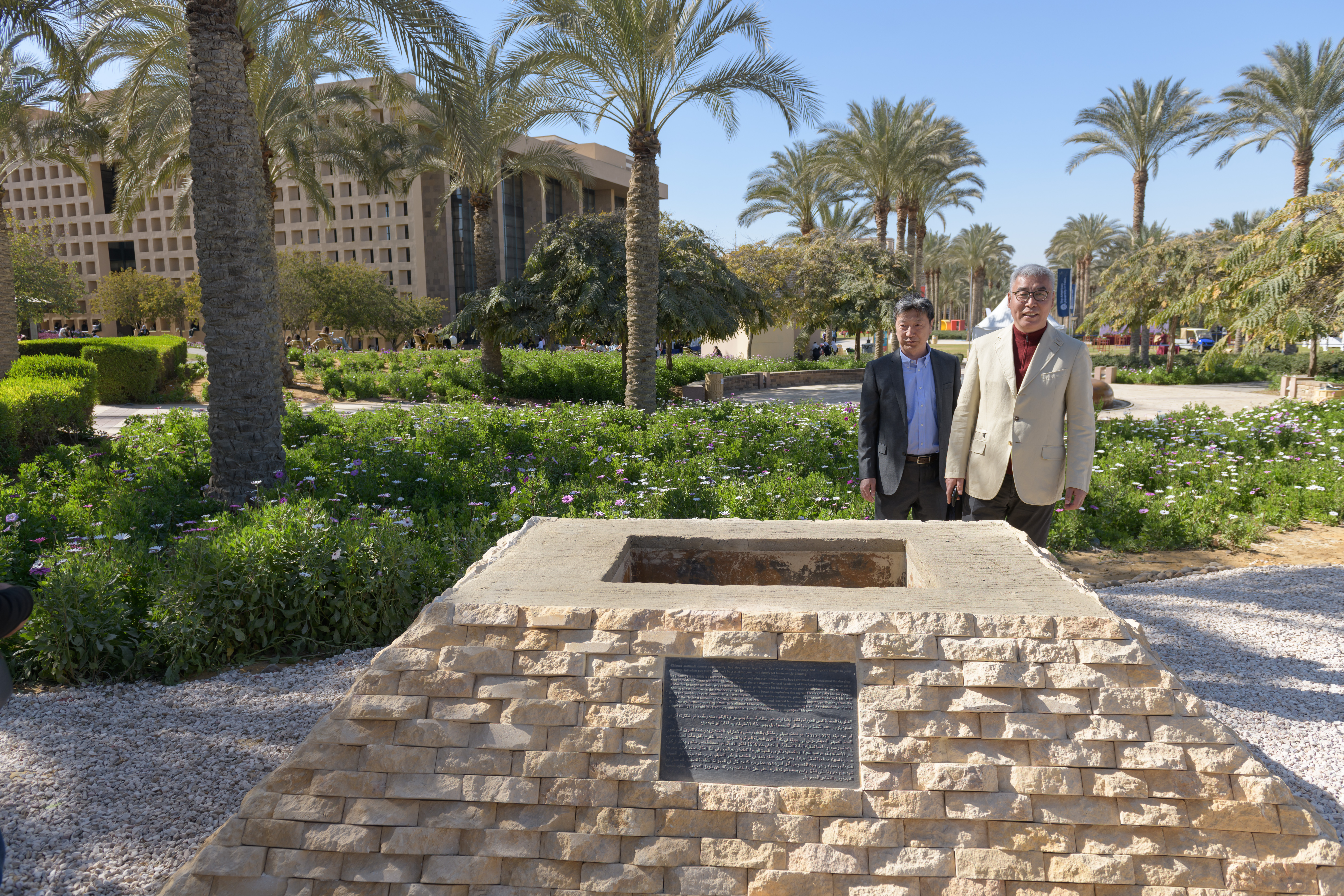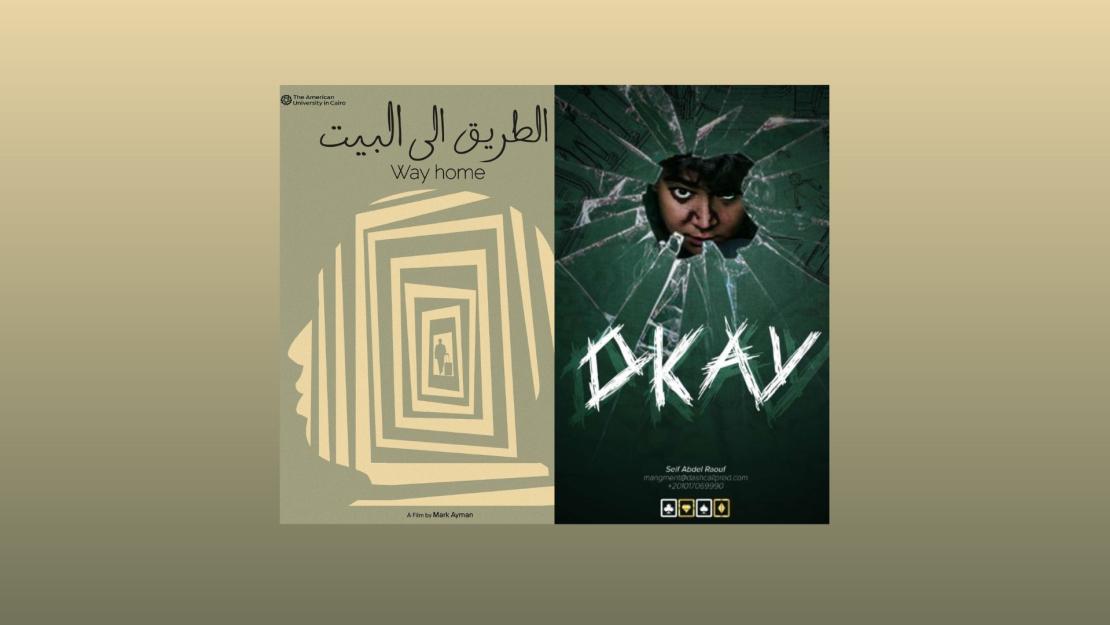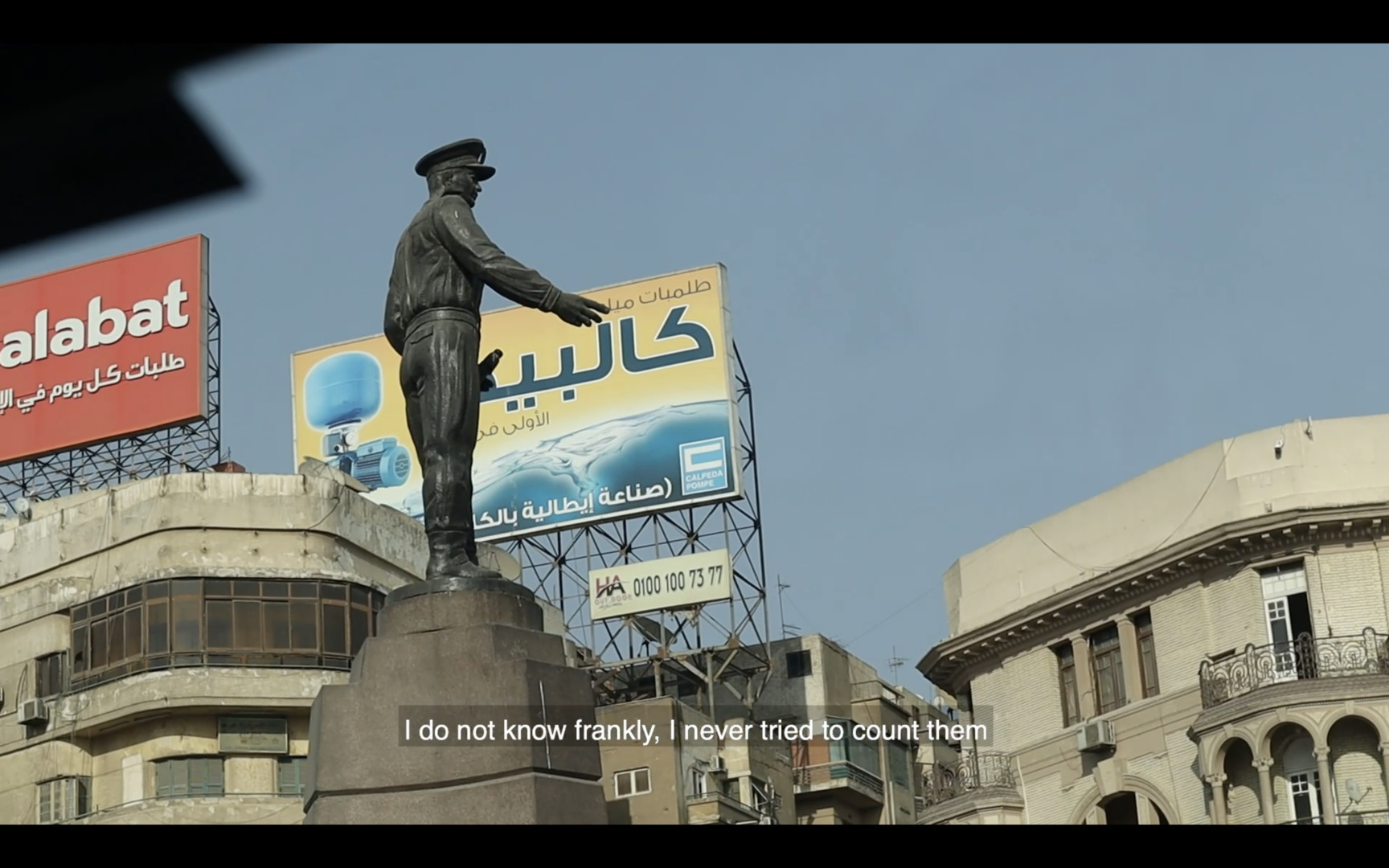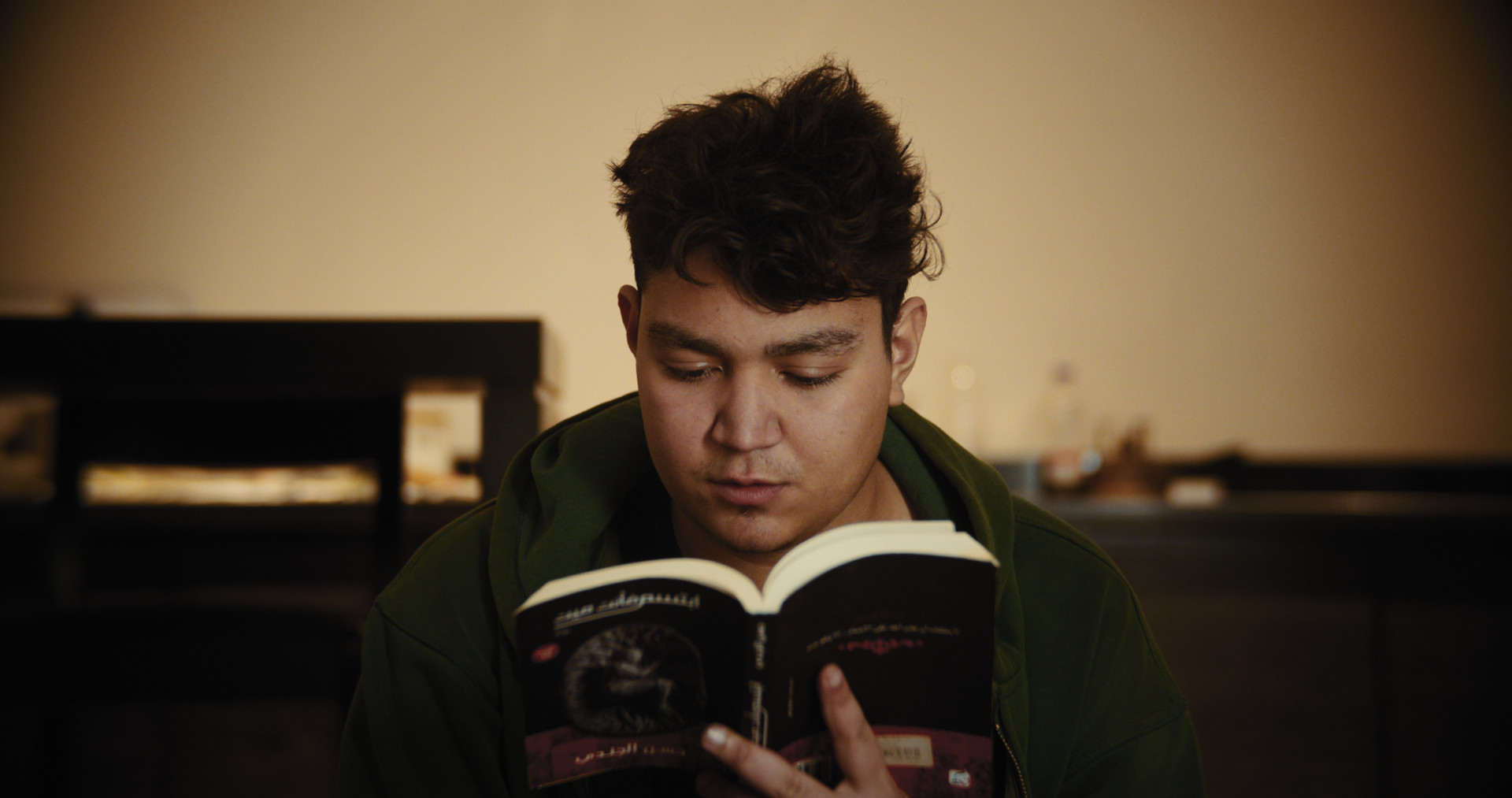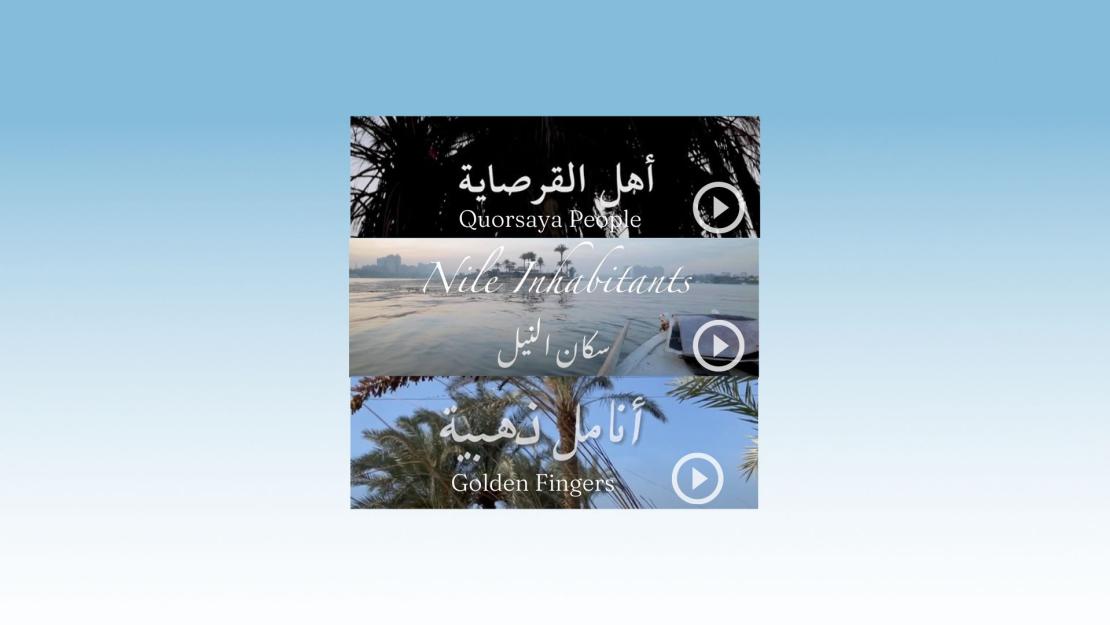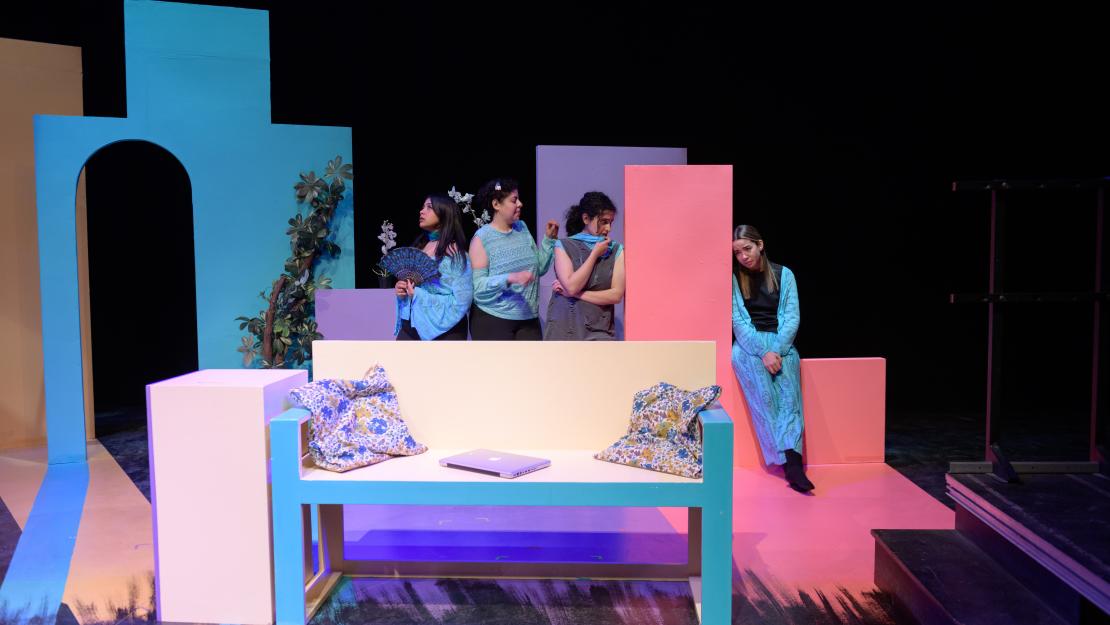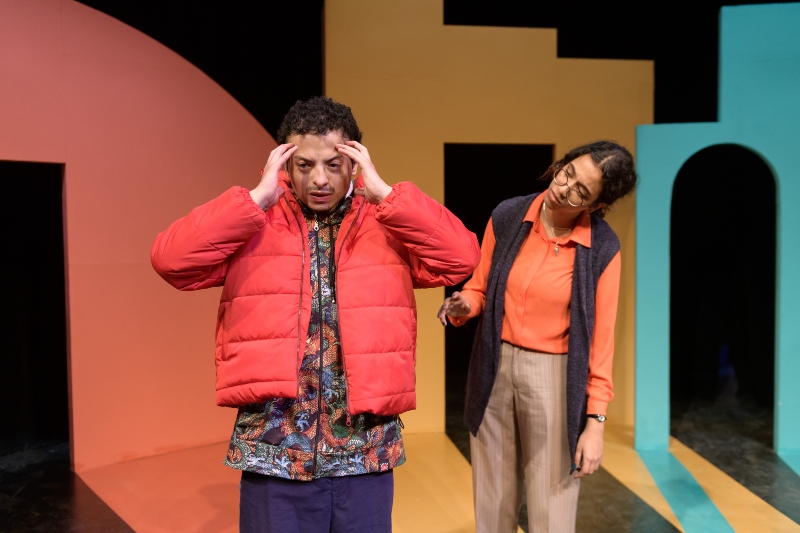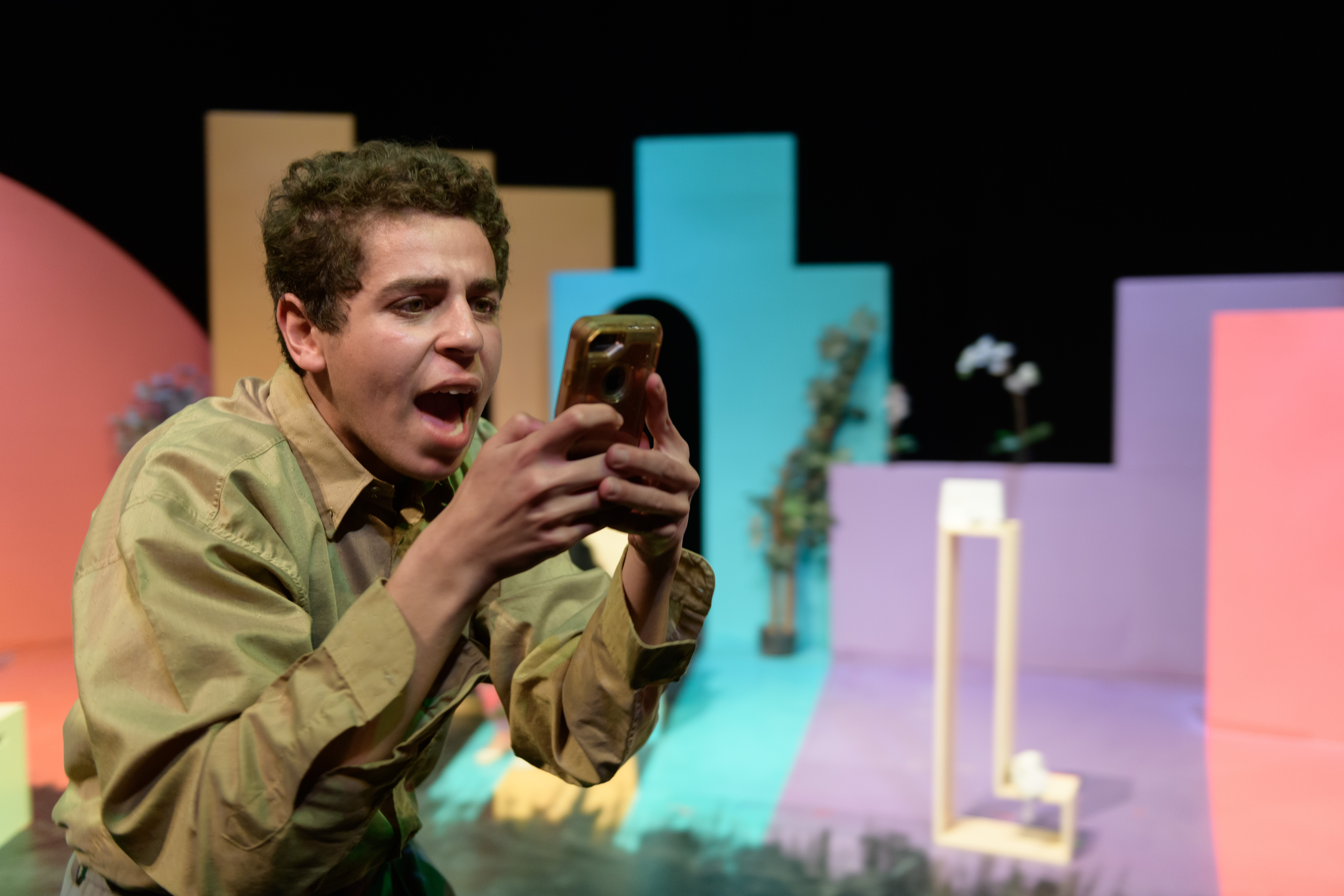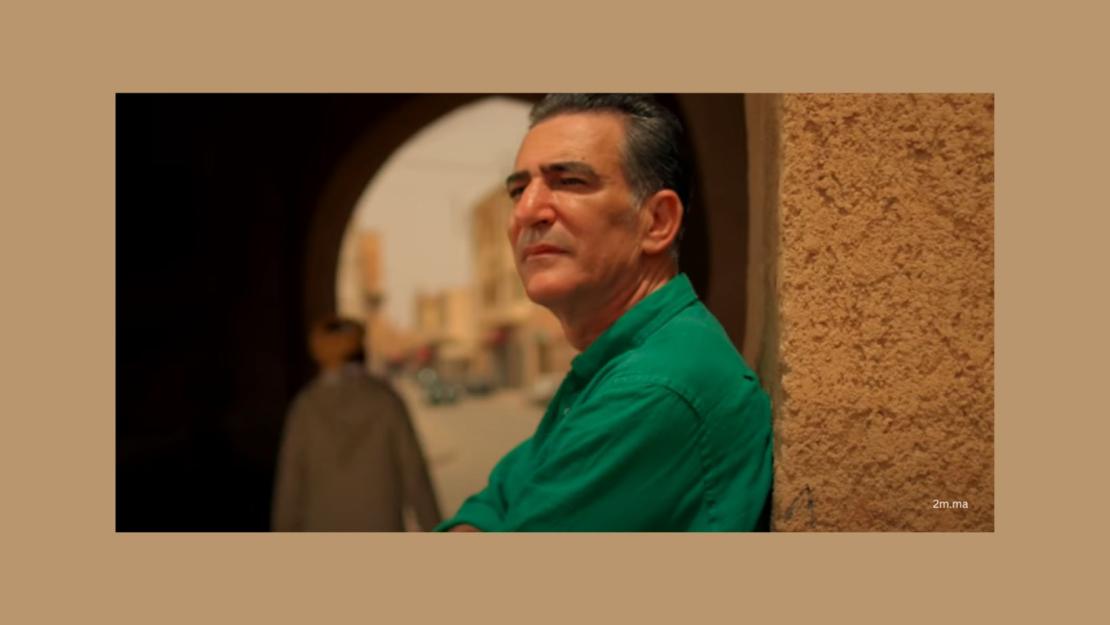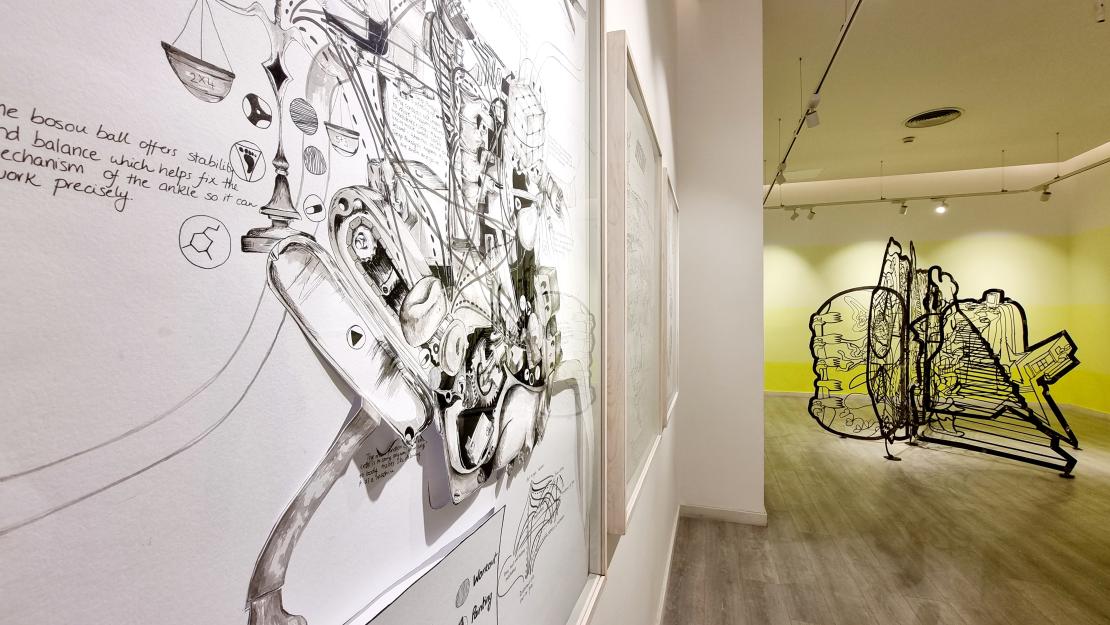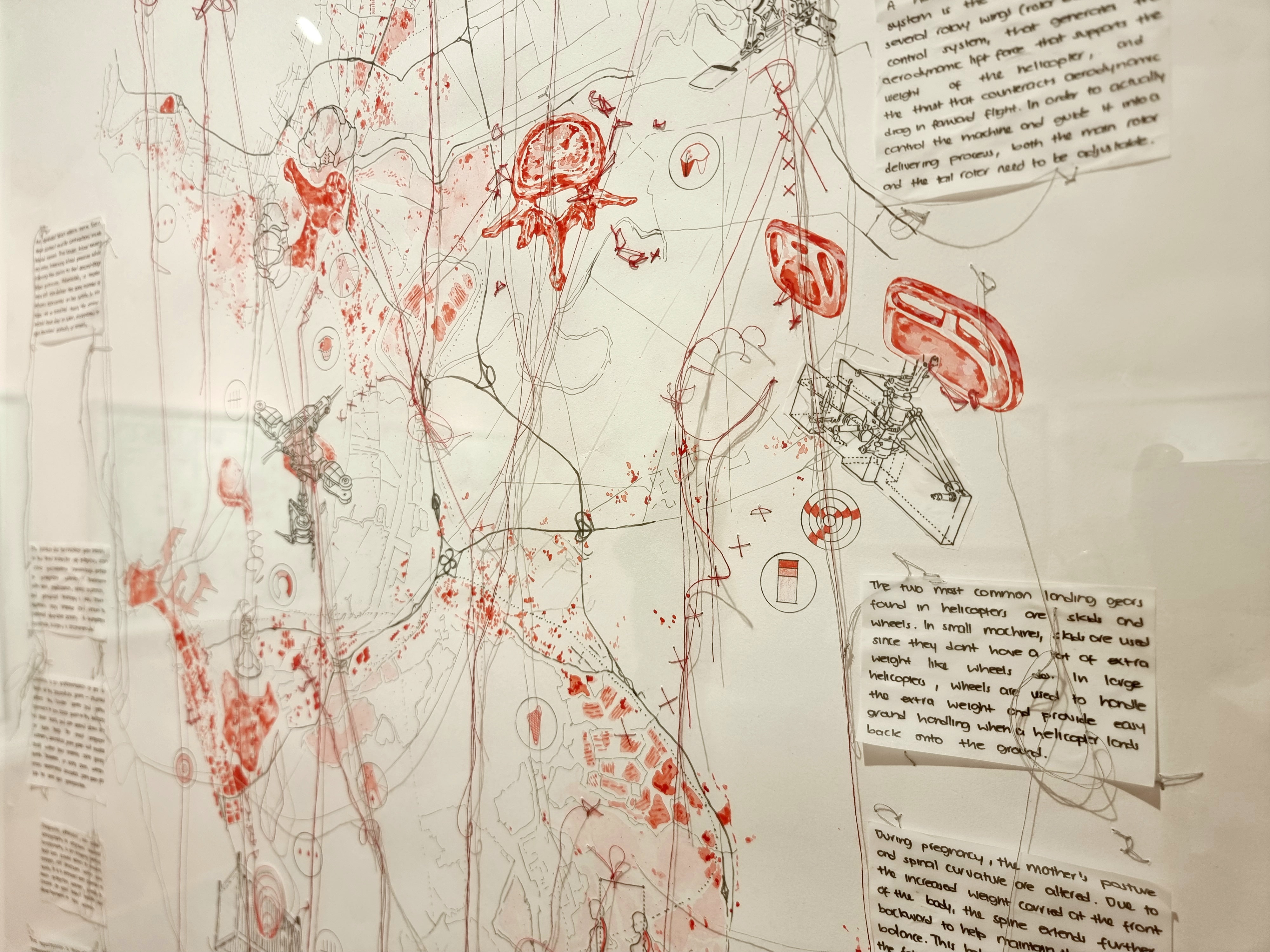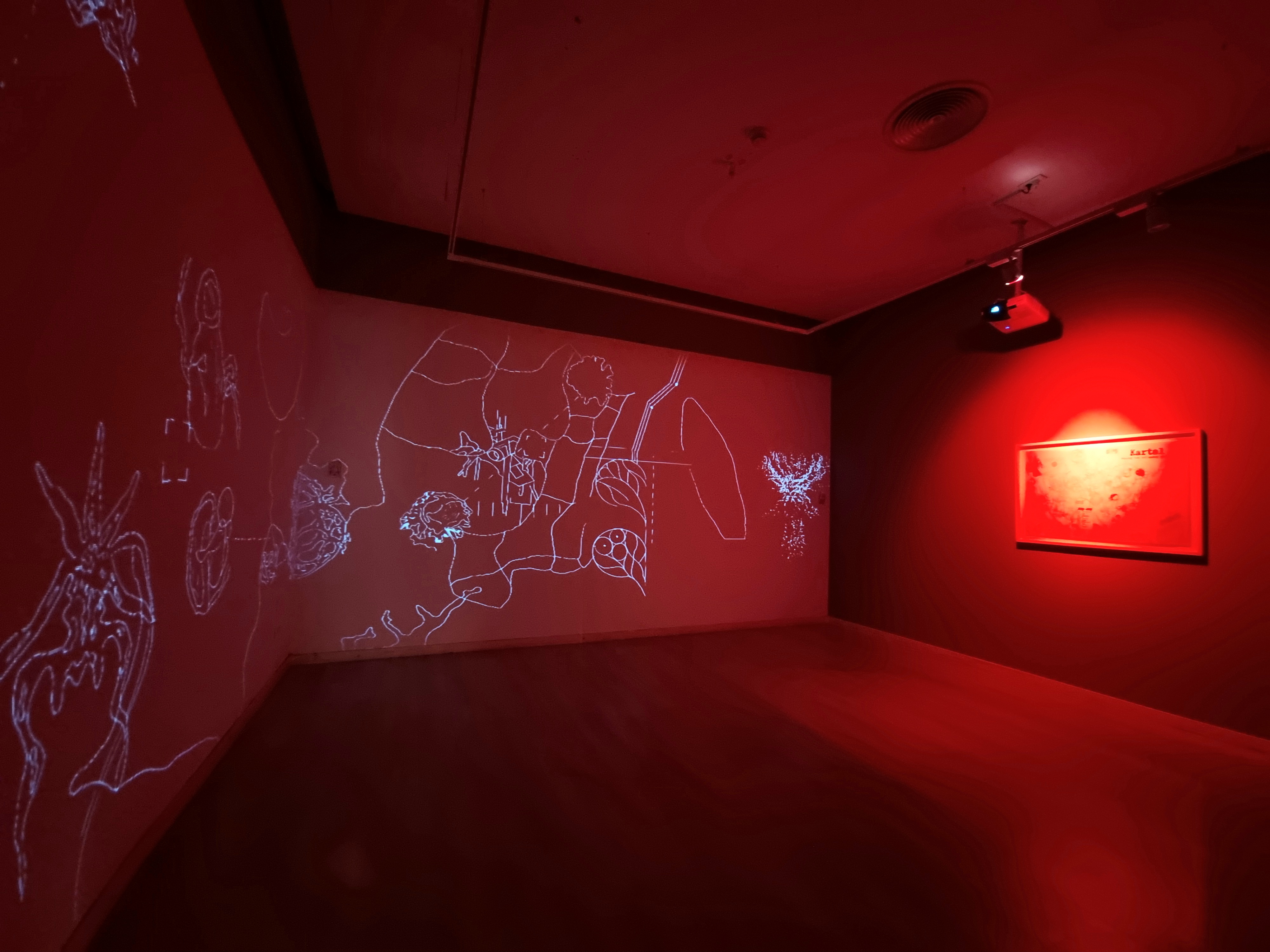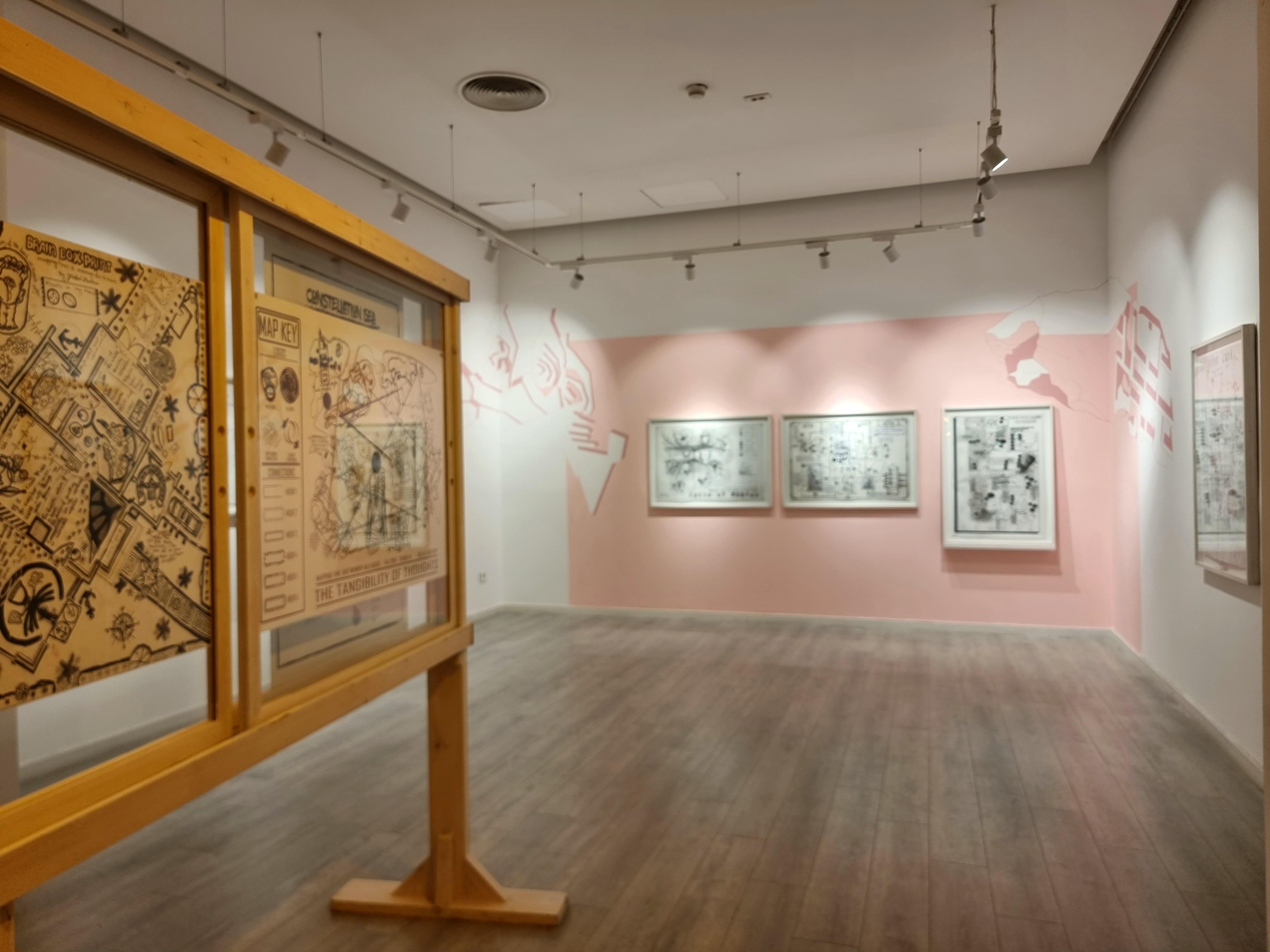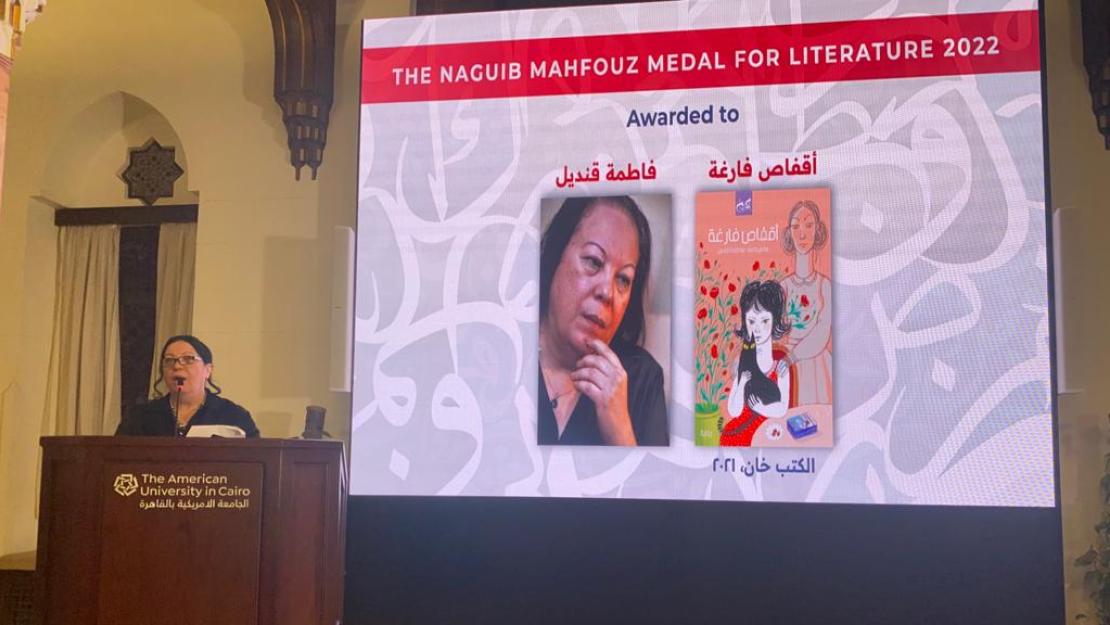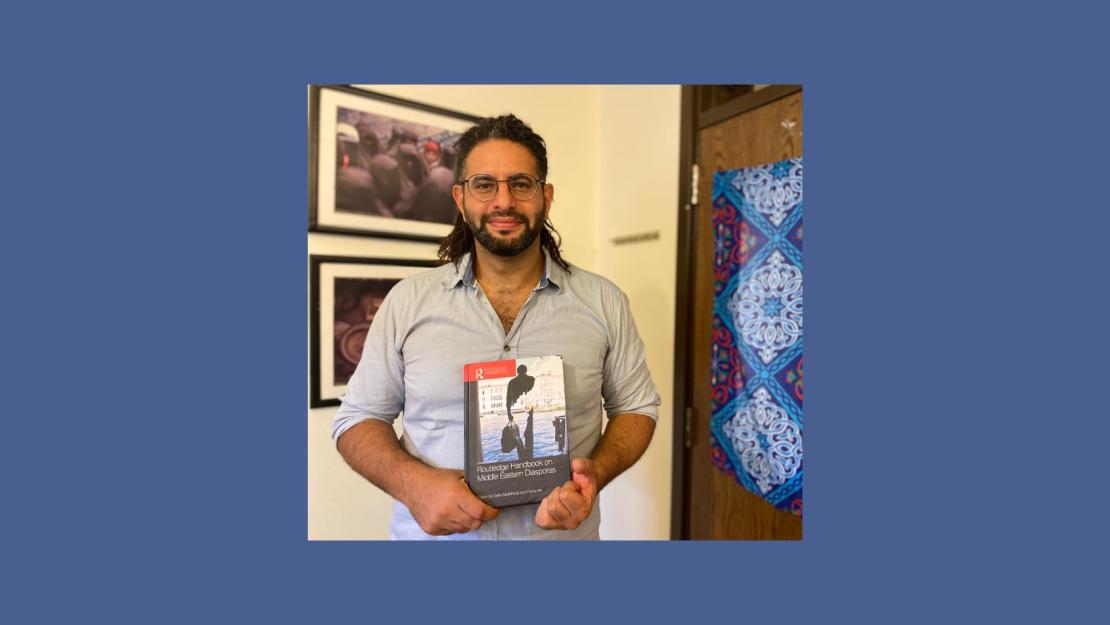AUC’s Rare Van Leo Collection on Display at UCLA Hammer Museum
The first international survey of work by the late Armenian-Egyptian studio photographer Van Leo is currently on display in the Hammer Museum at the University of California, Los Angeles as a collaboration between the museum and AUC’s Rare Books and Special Collections Library, which holds the Van Leo collection, with additional collaborative support from the Arab Image Foundation in Beirut. Becoming Van Leo is showing until November 5 and includes ephemera and some photographs printed from negatives for the first time.
“This exhibition at the Hammer Museum is the highest-profile showing of Van Leo's work to date — a retrospective of his art and life — and therefore brings international attention both to Van Leo's work and legacy but also the tremendous holdings of the Rare Books and Special Library at AUC,” said Negar Azimi, the exhibition’s curator.
Three years prior to his death, in 1998, Van-Leo bequeathed his collection to AUC, where it has since been housed at the Rare Books and Special Collections Library. Last year, AUC celebrated the artist’s 100th birthday with a first-of-its-kind 3D exhibit, and this year, it has partnered with the Hammer Museum on Becoming Van Leo.
"Over the past decades, the AUC Library has been keen to partner with museums and reputable organizations across the globe, including Institut du Monde Arabe in Paris, Brighton Photo Biennial and Deutsche Architecktur-Museum in Frankfurt," said Lamia Eid '82, '92, interim dean of AUC's Libraries and Learning Technologies. "Our aim has been to be a key partner in the creation of innovative exhibitions, using the rich and unique collections of AUC's Rare Books and Special Collections Library. I’m positive that the Becoming Van Leo exhibit is a resounding success, bringing together people who appreciate the significance of Van Leo’s unique work. It is surely a celebration of a great photographer and a testament of collaborative efforts by team members from both AUC and the Hammer Museum."
As stated on the Becoming Van Leo webpage, “The exhibition traces Van Leo’s career from his earliest encounters with the camera in the 1930s, in which he used friends and family as models, through his experiments in self-portraiture of the 1940s and 1950s, and onward to his studio work, which extended into the 1990s.” The exhibition also includes Van Leo’s personal items, including letters, books, magazine clippings, personal notes, immigration forms to the United States and Canada, bills, correspondence with girlfriends, applications to the Art Center School in Los Angeles, a video interview by the artist Akram Zaatari and a series of never-before-seen 16mm films of the artist’s family.
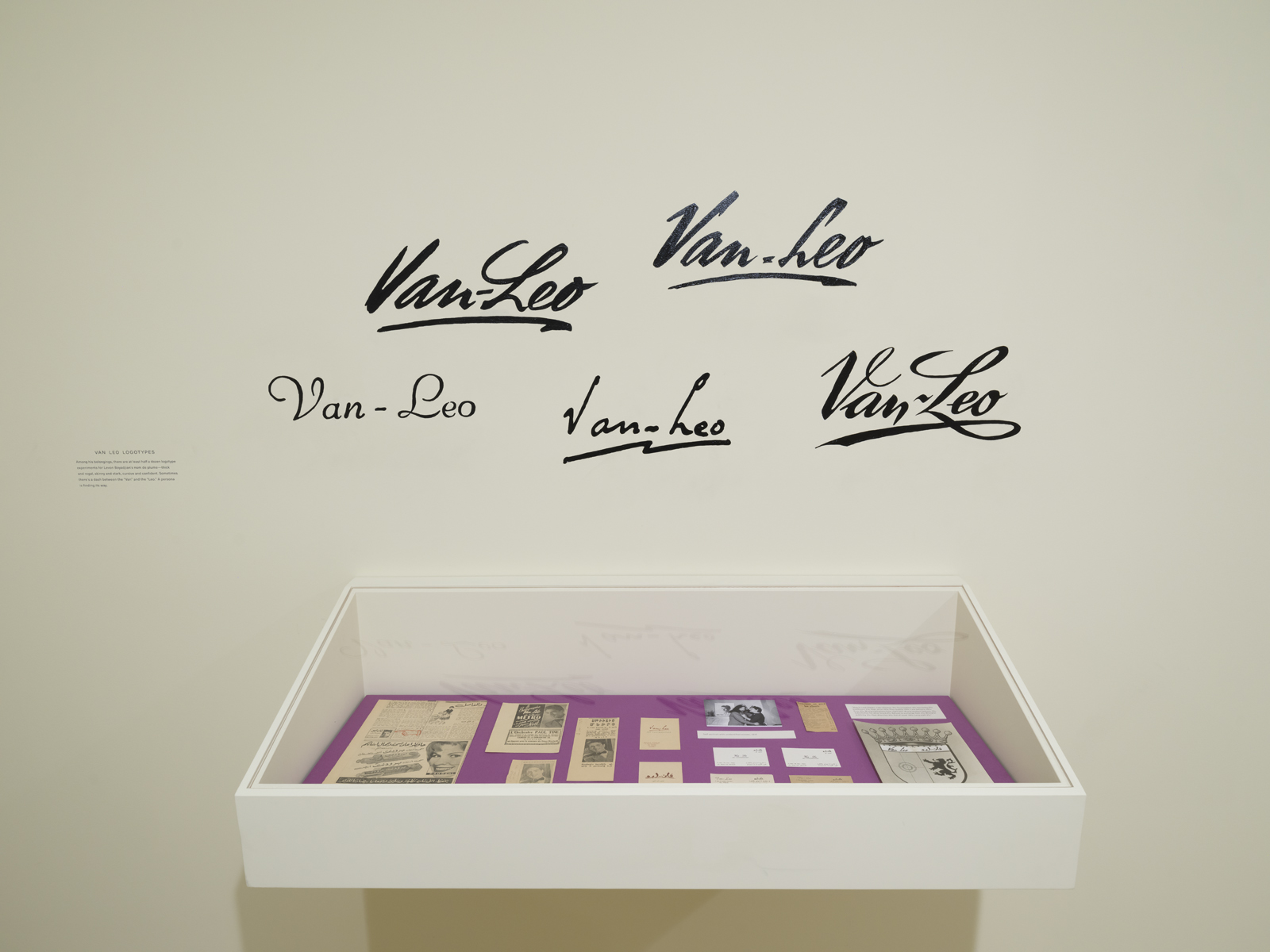
“It is extraordinary to have access to not only an artist’s work but also his ‘life scraps,’ which is to say the tremendous well of ephemera that Van Leo amassed and kept, from letters to business cards to childhood mementos,” said Azimi. “Van Leo was a complicated, compelling artist who in many ways was ahead of his time. His work belies facile distinctions between art and craft, East and West.”
Becoming Van Leo has been described in the media as “compelling and deeply personal,” and visitors to the exhibition have been “very enthusiastic,” as Azimi noted.
Behind-the-scenes work was "a complex process that involved countless hours of communication, discussion, planning and preparations by members of both institutions," said Eid. "Sharing collections from AUC's Rare Books and Special Collections Library, reaching out to different communities, engaging visitors, promoting Egyptian culture and heritage beyond AUC, furthering research and scholarship, and enriching the visitor experience are critical goals that we constantly strive to achieve."
As Ann Philbin, director of the Hammer Museum, noted, “This exhibition is an opportunity to introduce Van Leo’s extraordinary oeuvre to people outside Cairo, where his archive is housed, and to take a more in-depth look at his influences and impact. Dedicated to working in black and white film, Van Leo’s photographs are dramatic, moving, and through his lens, the ordinary became extraordinary.”
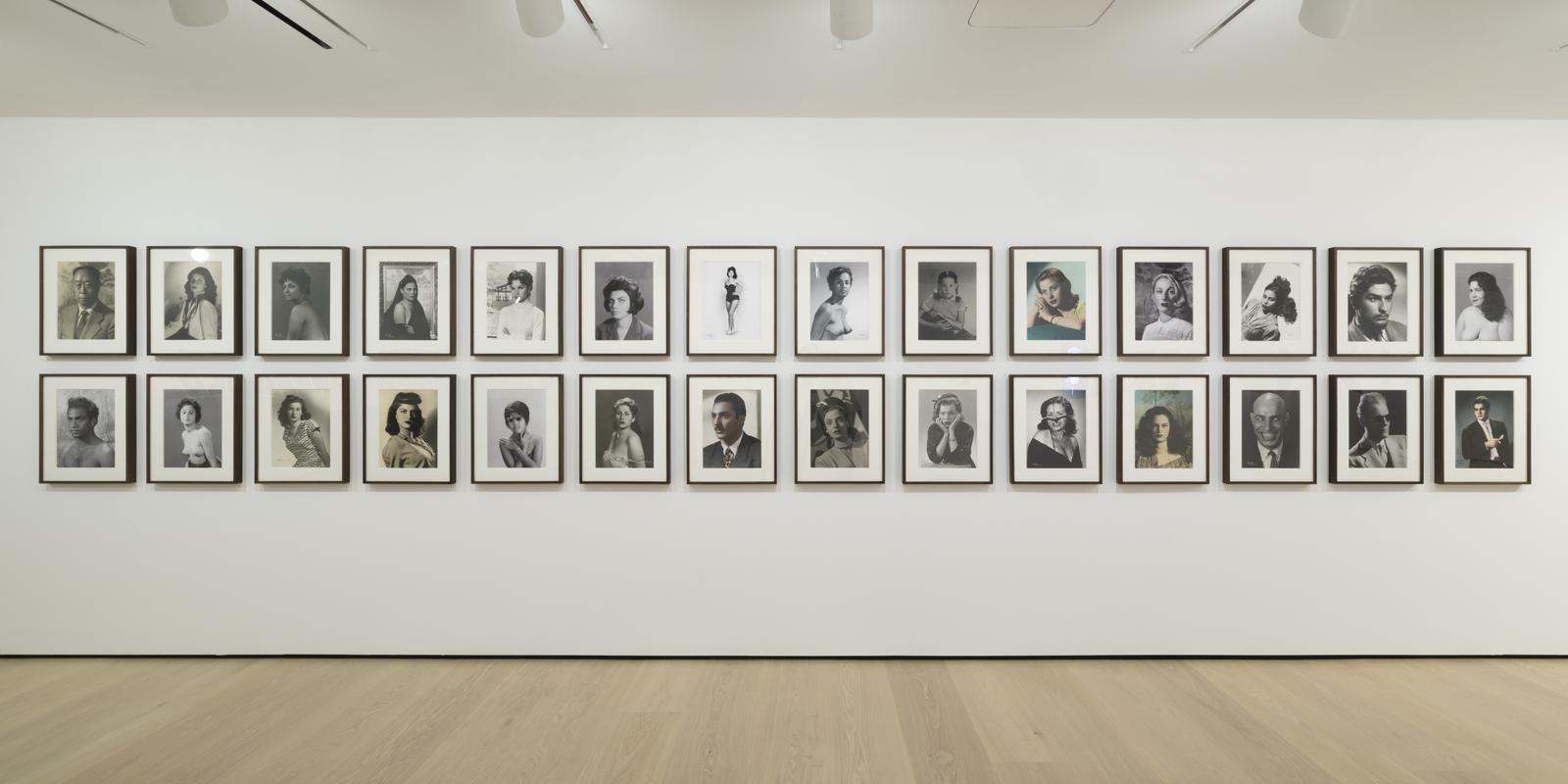
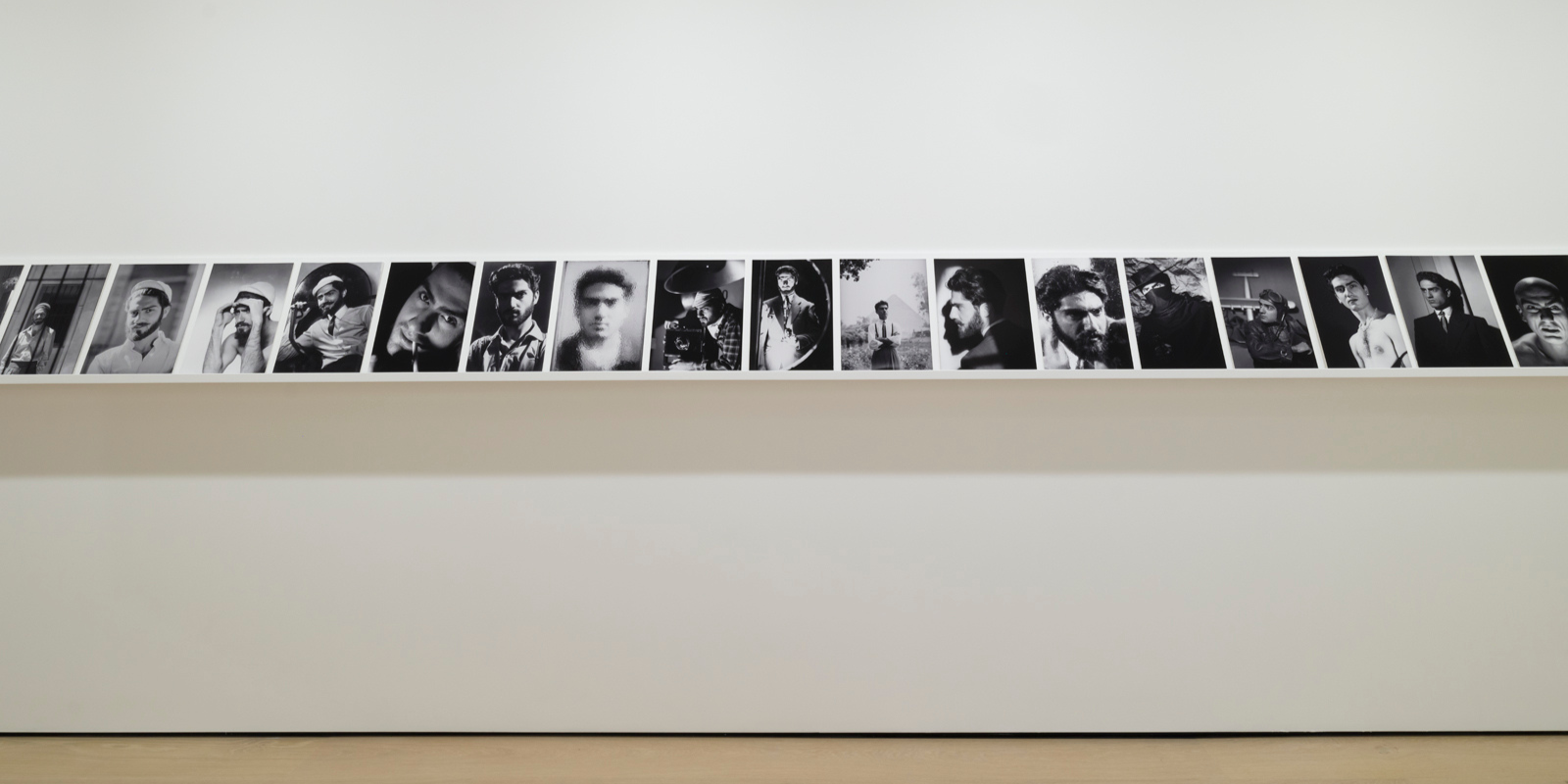
Photos courtesy of the Hammer Museum

